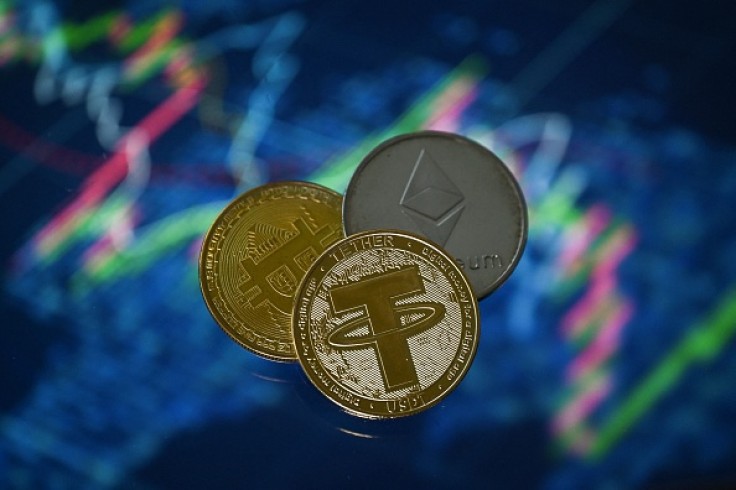The world's first concrete attempt to regulate crypto is here.
The international securities watchdog IOSCO (International Organization of Securities Commissions) recently opened the first global approach to regulating crypto assets and digital markets for consultation and comments to improve regulation.
The organization wants to have the regulation standards finalized before 2023 ends.

IOSCO Crypto-asset Regulation Standard Details
IOSCO mentioned in its announcement that it had issued "detailed reccomendations" for consultation and comments to various government regulators globally as to how to regulate crypto-assets.
These recommendations IOSCO made were designed to improve global standards of regulation of crypto-assets that would meet the standards applied in public markets. According to a Reuters report, these recommendations, comprised of 18 measures, cover dealing with conflicts of interest, market manipulation, cross-border regulatory cooperation, custody of crypto-assets, operational risks, and treatment of retail customers.
IOSCO hopes that its recommendations assist the development of markets, strengthen market infrastructure and implement appropriate regulation, along with enhancing investor protection and promoting investor confidence in the integrity of securities markets
These recommendations and measures drew on lessons learned during the fall of Sam Bankman-Fried's (SBF) FTX exchange that generated more calls for consumer protection and regulation to prevent a similar fallout coming from FTX's collapse from ever happening again.
You may recall that FTX and SBF filed for bankruptcy after both parties mishandled funds and the company's receipt of a large volume of withdrawals from rattled investors, per Nerd Wallet. The value of its own cryptocurrency, the FTT, plummeted following Biannce's selling of its FTT holdings, with its value going from $25 to $3.50 in just a week.
As a result, investors for most cryptocurrencies behan withdrawing funds en masse, which caused a significant drop in value for the cryptocurrencies involved, per CNBC TV 18. FTX's fall did not just that - it slowed crypto adoption and left a significant negative effect on crypto venture capitals, along with the increased call for regulation and oversight.
Jean-Paul Servais, IOSCO's chairperson, said that the recommendations the organization made are a "turning point in addressing the very clear and proximate risks to investor protection and market integrity risks." He added that it is now time to put an end to the regulatory uncertainty characteristic of crypto activities.
IOSCO's Plans Moving Forward
As previously mentioned, IOSCO had opened its recommendations to its securities regulator members (from 130 countries) for them to comment on them to better regulate crypto-assets. These regulators include the US' Securities and Exchange Commission, Japan's Financial Services Agency, Britain's Financial Conduct Authority, and Germany's BaFin.
Should everything go as planned, the 130 securities regulator members would use these recommendations as regulation standards in every crypto-asset transaction, effectively plugging the gaps in their rulebooks.
IOSCO's members are allowed to comment on IOSCO's recommendations until July 31; it expects that it could finalize its recommendations by the end of the year to provide its members with cryo-asset regulation standards to help them fix and shore up their regulation rules.
Related Article: FTX Recovered Approximately $7.3 Billion in Liquid Assets









